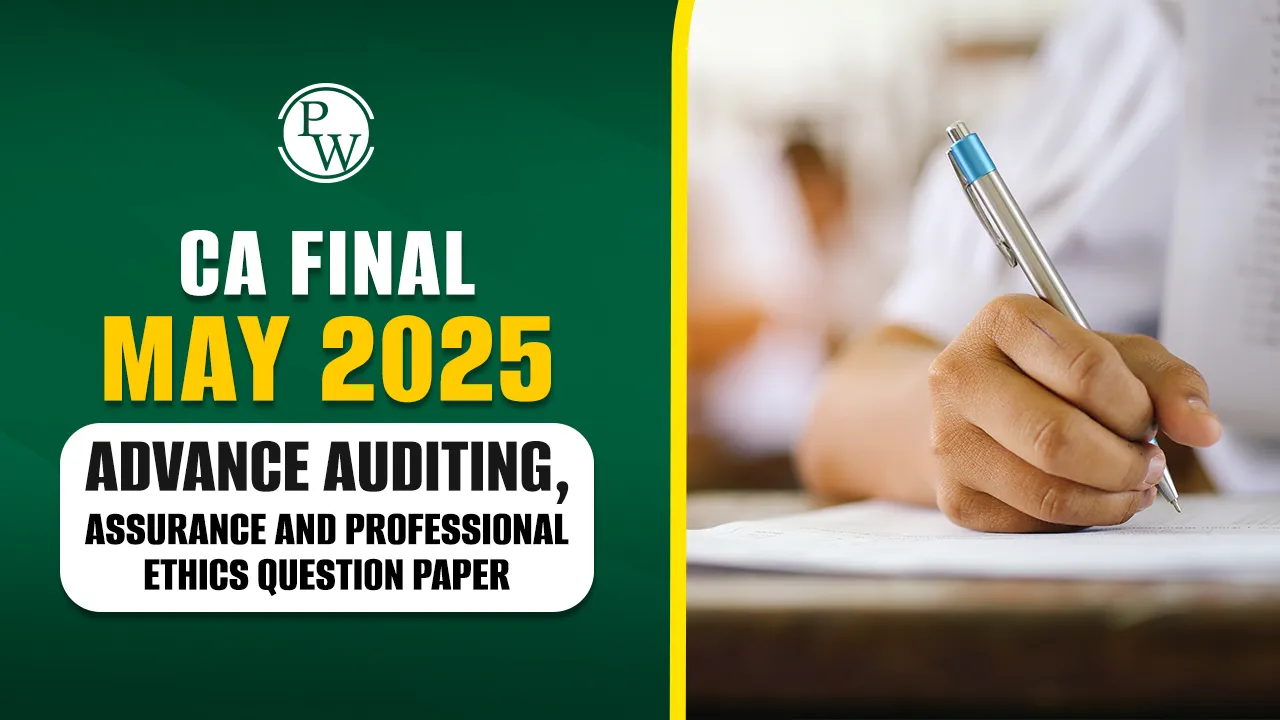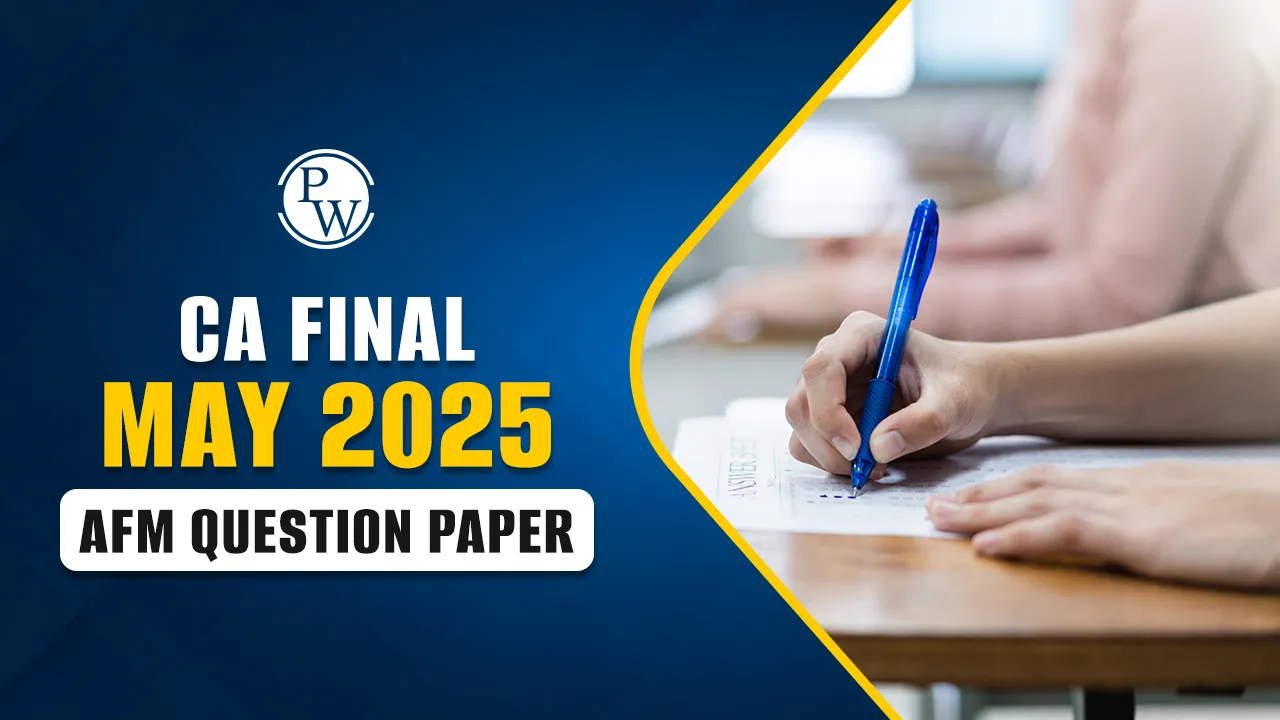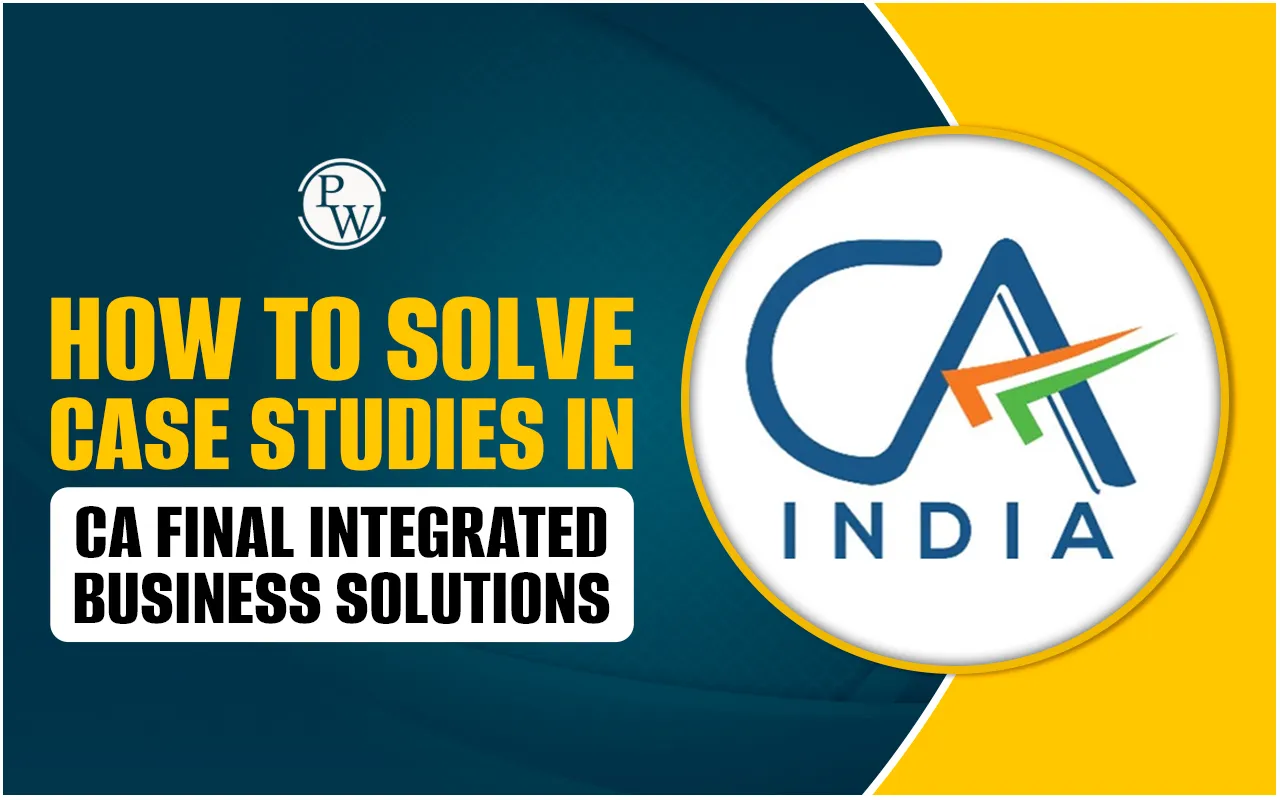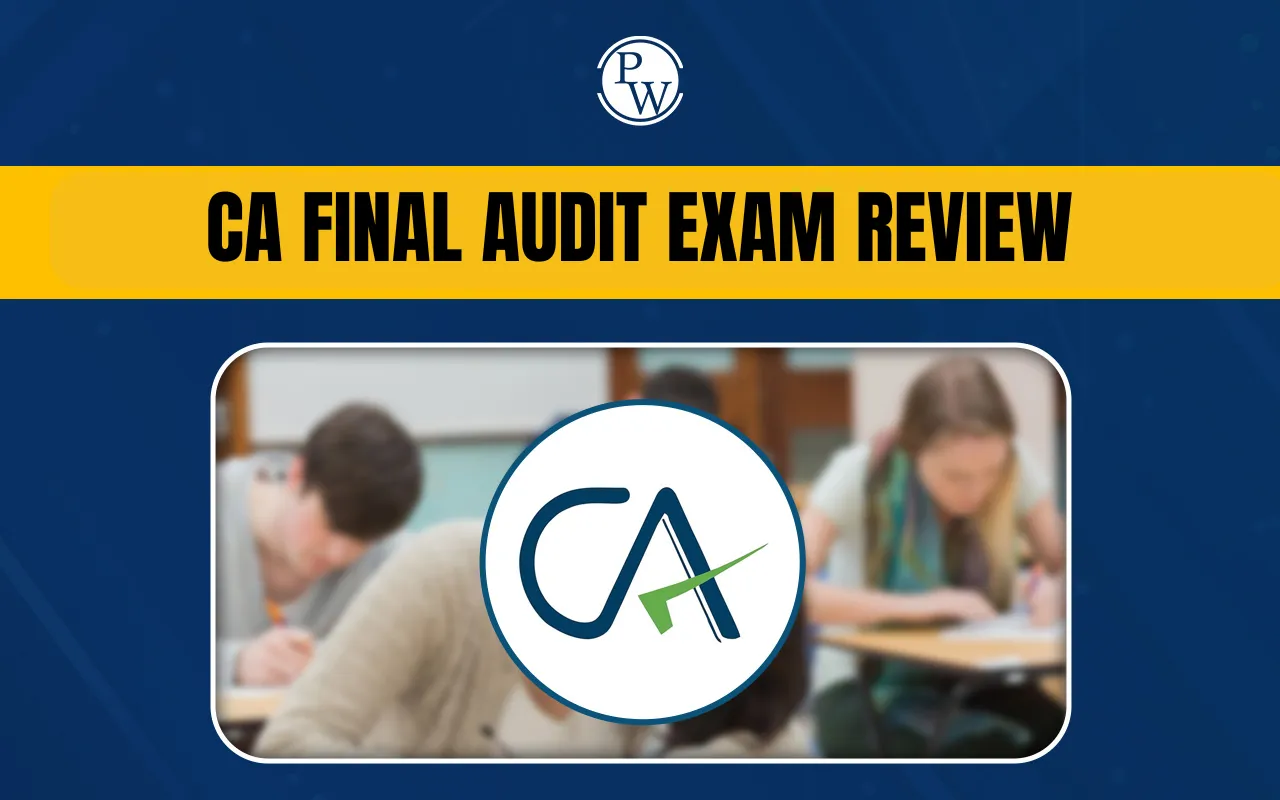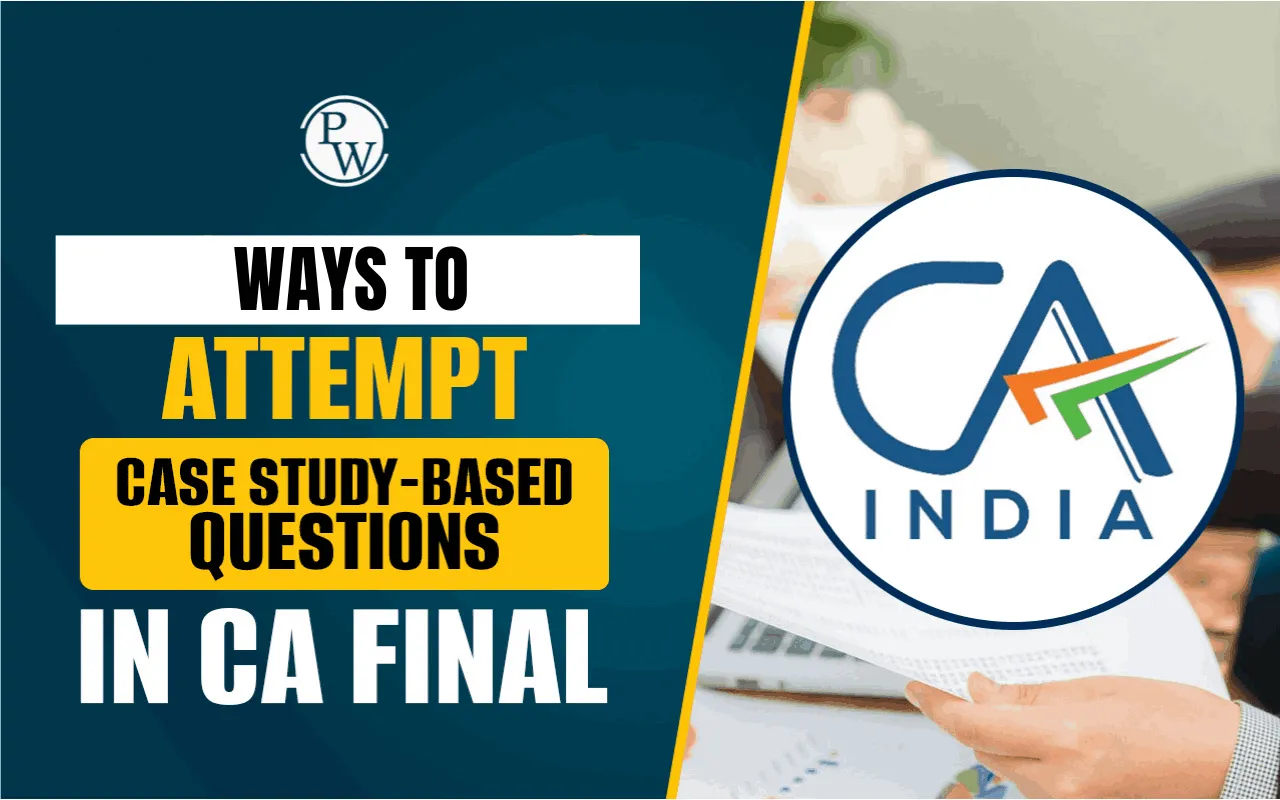
The journey through CA Final is nothing short of a rollercoaster ride, especially when it comes to the Audit Exam Review. For May 2025, the auditing paper has stirred a mix of emotions, anxiety, surprise, and even hope. Many students found themselves navigating a tricky paper with a blend of familiar concepts and unexpected turns.
Read Audit Exam Review from various angles, student experiences, section-wise analysis, and preparation strategies for future attempts. If you're aiming to crack CA Final, especially auditing, this review is your emotional and academic checkpoint.
CA Final May 2025 Audit Exam Review
The Audit Exam Review for CA Final May 2025 paints a picture of a paper that wasn’t straightforward. The paper tested more than just conceptual clarity; it tested nerves, time management, and composure. Most students mentioned that the MCQs were unexpectedly tricky, and descriptive questions demanded in-depth conceptual understanding rather than superficial memorization.
The examination comprised both familiar and new questions, with some repeated from past papers. One student reported attempting only 10 marks from the MCQ section and 30–40 marks from the descriptive section, yet still managed to attempt a total of 90 marks. This indicates that while some questions were accessible, others were uniquely framed, requiring critical application.
The Audit Exam Review also suggests that the paper favored analytical reasoning over rote learning. It wasn’t just about what you studied, it was about how well you could apply your knowledge under pressure. This shift marks a continued evolution in ICAI’s assessment style and sets a new benchmark for future exams.
CA Final Audit Exam Students Feedback
Student reactions to the May 2025 Audit Exam Review reflect a spectrum of sentiments. A common phrase that echoed across many was “it was tough.” The complexity of the MCQs especially threw off students many admitted to attempting less than half of the MCQ portion. A student shared, “MCQs were unexpectedly confusing. I was able to attempt only 10 out of 30 marks. Descriptive was a bit better but still challenging.”
Another aspect that stood out in this Audit Exam Review was the blend of repeated and fresh questions. Approximately 10 to 15 questions had a familiar ring, similar to practice papers or past exams, while the rest demanded unique insight. Time management became crucial; those who remained calm under pressure were able to tackle 85–90 marks.
The paper’s difficulty level prompted a realization among students that surface-level preparation might not be enough. The experience left many reflecting deeply on their strategy, realizing the need for better conceptual clarity, rigorous practice, and updated study material.
CA Final Audit Exam Section-Wise Analysis
The following is a detailed Audit Exam Review by analyzing each section of the paper and its complexity:
MCQ Section (30 Marks)
The MCQ section was a game-changer. Most students found it unpredictable and tricky. Despite appearing simple on the surface, the questions required thoughtful reading and a deep understanding of concepts. This section alone managed to shake the confidence of many aspirants, with most able to attempt only a third of the questions comfortably.
Descriptive Questions (70 Marks)
In the descriptive part, ICAI continued its trend of testing not just memory but application. The 70-mark section had questions requiring students to connect practical scenarios with theoretical standards. It wasn’t just about stating what’s written in the book—it was about why and how the principle is applied.
Standards on Auditing (SAs)
As expected, SAs formed the backbone of the paper. However, this time the questions around SAs were not merely theoretical. Students had to relate them with real-world audit issues, case studies, and ethical dilemmas. Many felt that revising SAs in isolation didn’t help—they had to understand how they integrate with real scenarios.
Company Audit and Professional Ethics
These sections showed a shift from basic theory to analytical questions. A few repeated questions from previous attempts gave some relief, but the rest required sound interpretation. ICAI clearly wants aspirants to move beyond mugging up and focus on why certain laws or practices exist in the first place.
How to Prepare for CA Final Next Attempt?
The Audit Exam Review has sent a clear message, conceptual clarity, analytical mindset, and smart strategy are the need of the hour. The following is how to step up your game:
Understand the Pattern
Don’t just solve past papers. Decode them. Figure out how ICAI frames questions. Notice how similar concepts are twisted into different formats. This insight helps you prepare not just answers, but thought processes.
Revise Smartly
It’s not about how many hours you study but how effectively you revise. For audit, particularly, use charts, mind maps, and flashcards to link SAs with their practical applications. That way, you won’t panic if the question isn’t framed exactly as you’ve seen before.
Practice Mock Tests and MCQs
After this attempt, it’s clear that MCQs can’t be taken lightly. Practice a variety of MCQs, not just the easy ones. Challenge yourself with tricky, scenario-based questions to build your resilience and confidence.
Work on Presentation
ICAI wants well-structured answers. Even if your content is correct, lack of presentation can cost you marks. Stick to a proper format, start with a brief intro, then application, followed by conclusion. Practice this format until it becomes natural.
CA Final Audit Exam Review FAQs
Was the CA Final May 2025 Audit Exam difficult?
How many MCQs were manageable in the Audit paper?
Were there any repeated questions in the Audit exam?
How can I improve my performance in the CA Final next attempt?



